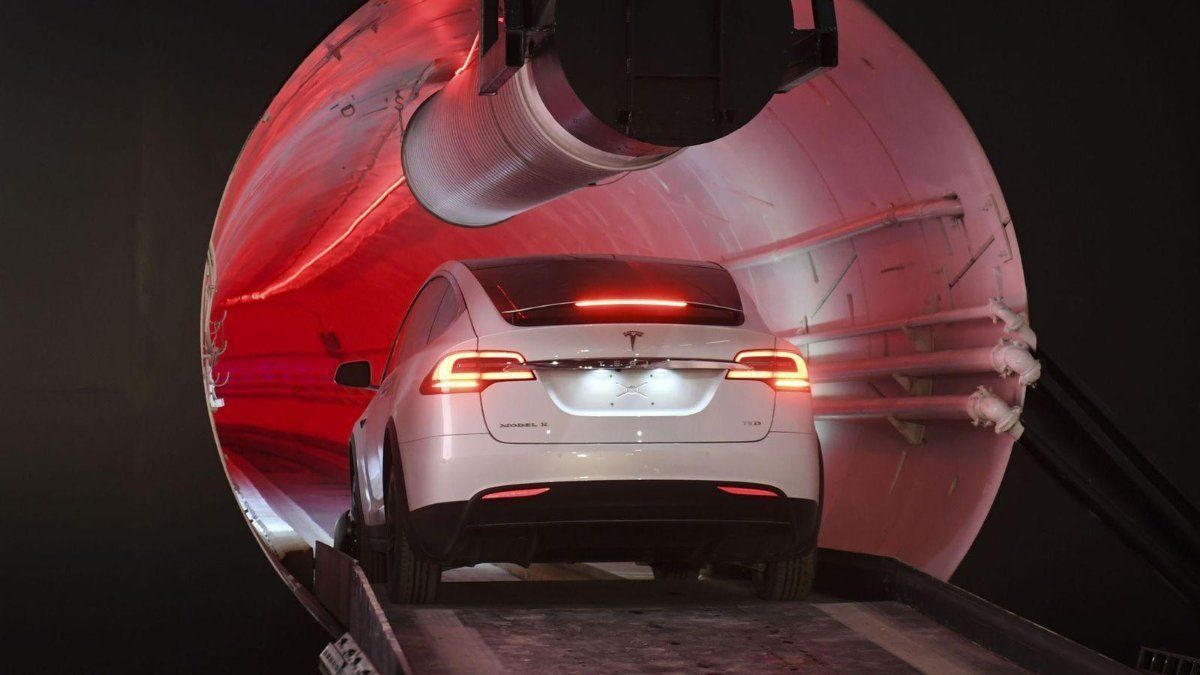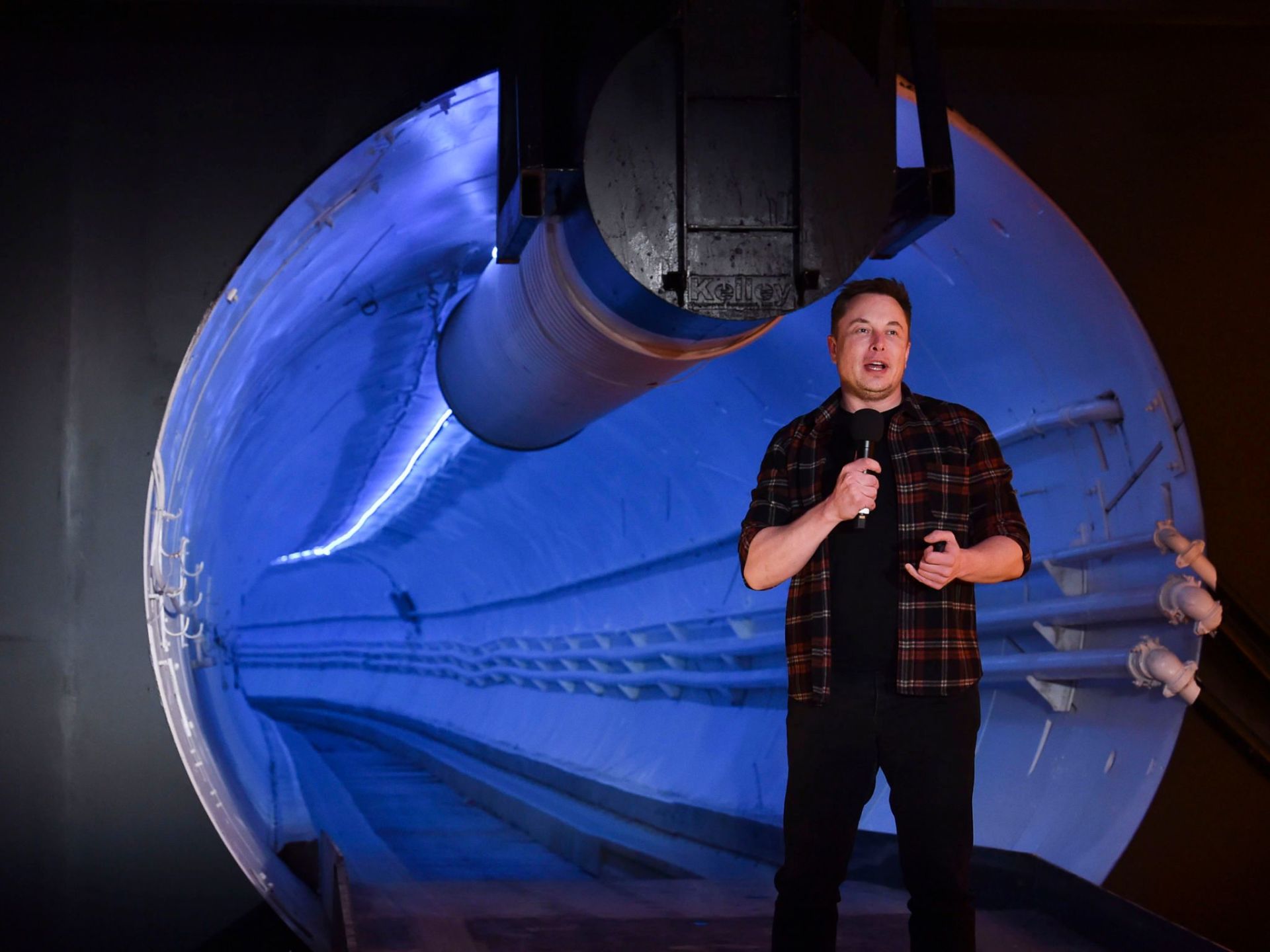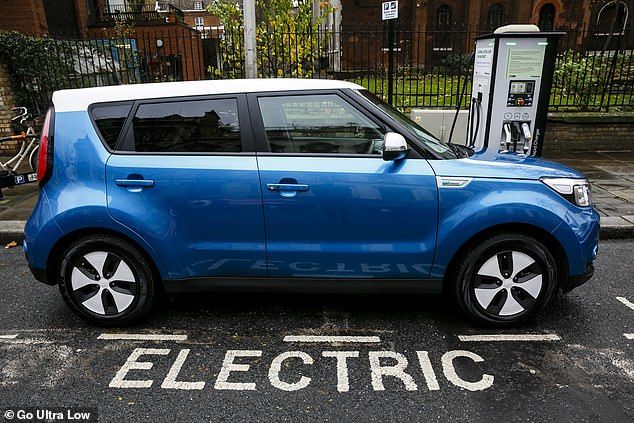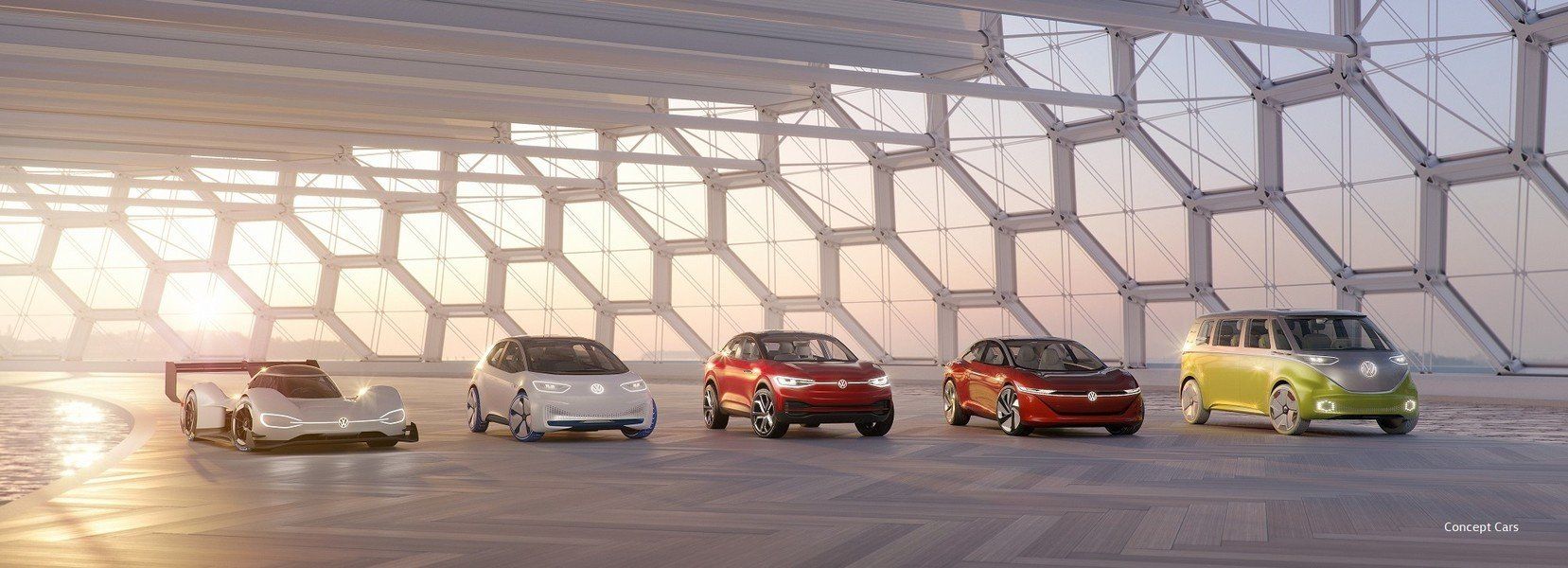Elon Musk unveils subterranean tube for avoiding Los Angeles traffic
- By Sky News
- •
- 20 Dec, 2018
- •
The tech entrepreneur has bored a tunnel through LA because he was fed up of the city's infamous traffic.

Guests were given the first chance to experience the subterranean tube, riding on a Tesla Model S for around a mile.
At what Mr Musk's Boring Company has called O'Leary Station, a wall-less lift lowered the electric car 30ft below the surface to the tunnel.
Demonstration rides were run through the tube at 40mph, but Mr Musk says vehicles could eventually travel through at 150mph.
The tech billionaire described the first ride as "epic".
He said: "For me it was a eureka moment. I was like, 'This thing is going to damn well work'."
He said the first ride was bumpy because his company ran out of time, leaving some problems with the speed of his paving machine.
But he promised the future systems will be "smooth as glass", adding: "This is just a prototype, that's why it's a little rough around the edges".
The first rides come two years after Mr Musk tweeted about how LA traffic was driving him crazy, suggesting he would buy a boring machine and just start digging through the city to find an alternative.
He later added: "I am actually going to do this. Defeating traffic is the ultimate boss battle."
Mr Musk set up The Boring Company, intended to be a playful name, but has only shared a handful of pictures and videos of the progress.
But at an event in LA, he explained in much more detail how the "loop" system could work on a larger scale beneath cities around the world.
Vehicles could be lowered into the system in wall-less lifts the size of two cars, with the lifts able to be placed wherever a car could go.
He said every car could run at top speed when inside the arteries, slowing down to enter and exit.
He said: "It's much more like an underground highway than it is a subway.
"It's not like you're going through a whole series of stops. Nope, the main arteries will be going super fast, and it's only when you want to get off the loop system that you slow down."
The entrepreneur explained he had scrapped a previous plan to run the cars on platforms called skates, changing his idea to fit the cars with specially designed wheels which will pop out perpendicular to the car's normal tyres and run along the track.
These wheels would cost about $200-300 (£157-236) per car.
He added that tunnels are the safest places to be in an earthquake, and dismissed concerns about noise and disruption created while they are being built.
Mr Musk said: "The footsteps of someone walking past your house will be more noticeable than a tunnel being dug under your house."
The test tunnel cost $10m (£7.6m) to be built, much less than the $1bn per mile his company says most tunnels cost.
He cited smarter tools, elimination of middle men, and more powerful boring machines among his cost-cutting methods.
He also said the dirt is being turned into bricks and sold for 10c apiece instead of being lifted out.


Many fleets will experience ‘quite a steep learning curve’ next year as a wider choice of vehicles offering different fuel types come to market, says Arval.
Shaun Sadlier (pictured), head of consulting at Arval, said that fleet decision-makers were now facing a new world where they need to become proficient in matching fuel types to specific needs.
“The dominance of diesel is coming to an end," he said. "We are in a situation where the fleet of the very near future is likely to consist of a wide fuel mix to meet specific driver and business needs.
“This places the fleet decision-maker in a situation where they need to be able to look at established fuel types, such as petrol and diesel, alongside newer technologies, like hybrids and electric vehicles, and be able to make a credible decision about which works for which driver in which application.
“Making these calls and constructing appropriate choice lists is not always easy and, for many, there will be quite a steep learning curve as they get to grips with a changing fleet fuels scenario.”
Sadlier said that with the choice of ultra-low emission vehicles growing all the time, it was not just a question of deciding whether a driver should be using a plug-in hybrid or a petrol car, for example, but being able to identify the advantages of specific models.
He added that when it comes to PHEVs and electric vehicles, the technology is "moving quite quickly" and that fleet operators "may need visibility of the models on the horizon, as well as those currently available".

London is the only UK city on track to hit electric car targets - and the last petrol and diesel model has to be sold in the early 2030s to meet objectives
- The IMI said the UK is already behind targets for electric vehicle infrastructure
- This includes not enough public charging points with 1 for every 8 EV on the road
- It also warned that just 3% of technicians are trained to repair plug-in cars
- Most of these mechanics work in the franchised dealer network and not in independent garages, meaning expensive maintenance bills for used EV buyers
- There are also concerns that there won't be enough low-carbon liquid fuels to power reamining petrol and diesel models on the road by 2050

- Tesco and VW are to fund as many as 2,500 electric car charging bays.
- The slower charger option will be free to use.
- Volkswagen Group has said its VW brand should sell a million electric cars a year by 2025.
German auto firm Volkswagen and U.K. grocer Tesco have teamed up to build the largest free electric car charging network in Britain.
The two firms announced Friday that over the next three years they will install nearly 2,500 charging points in the parking lots of up to 600 Tesco stores across the United Kingdom.
Volkswagen U.K. board member Mike Orford told CNBC by phone that his company wants to encourage people towards electric vehicle ownership by removing anxieties about when and where a car can be charged.
“People that live in a flat who might want an electric car can’t charge at home as they have to park in the street. If they say, ‘Actually, I know I go to Tesco twice a week for a shop,’ then this suddenly feels quite viable,” he said.
Figures from the Society of Motor Manufacturers and Traders (SMMT) have revealed that more than 120,000 ‘alternatively fueled vehicles’ have been registered in the U.K. in 2018 — a 22 per cent increase on the same period last year.
Installed by the charging network operator Pod Point, customers at larger Tesco sites will be able to choose between a free 7-kilowatt (kw) charger or a pay-as-you go rapid charge 50 kw option.
Orford said people wouldn’t need to be a Tesco customer to make use of the charge points, but the parking bays would be monitored in the same way as disabled or “mother and baby” spots.
Volkswagen hopes the use of the bays, which should be compatible with most makes of electric cars, will become habitual to shoppers.
“It is a bit like plugging in your mobile phone, most of us don’t wait until the battery is flat,” Orford said, before adding, “People can get a quick 10-minute charge while just buying a pint of milk.”
The cost is being borne by both Volkswagen and Tesco, but beyond stating that it is a “multi-million pound” initiative, neither company is revealing the expected outlay.
Volkswagen Group has said its VW brand should sell a million electric cars a year by 2025. The auto group announced earlier this month it would spend almost 44 billion euros ($50 billion) on developing electric cars, autonomous driving and new mobility services by 2023.
On Wednesday, Volkswagen confirmed it is deciding where to locate a new factory in North America to build electric vehicles for the U.S. market.
Clarification: This story has been updated to reflect that the charging points will be in the parking lots of up to 600 Tesco stores.
